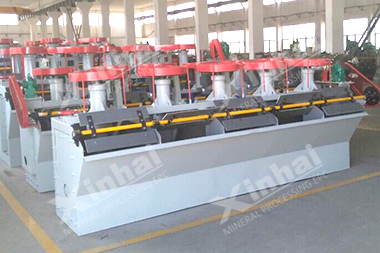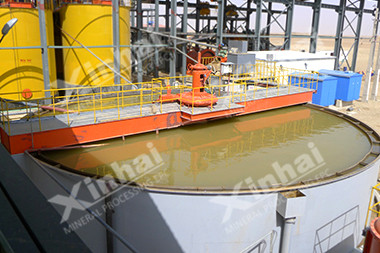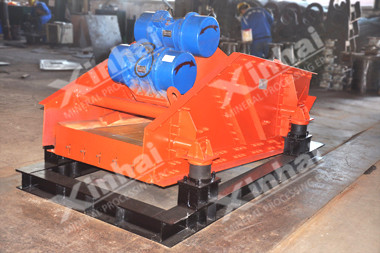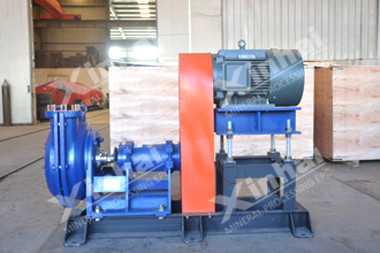- Home
- About us
- Mineral Processing EPC
- Products
-
- Crushing
- Screening
- Grinding
- Classifying
- Agitation Equipment
- Flotation
- Gravity Separation Equipment
- Magnetic Equipment
- Thickening
- Dewatering Machine
- Gold Extraction Equipment
- Feeding
- Transmission Equipment
- Iron Removal Equipment
- Automatic Control Equipment
- Wear – Resistant Rubber Products
- Valves
- Hydrocyclone
- Pumps
-
- Solutions
-
- Gold CIP Production Line
- Gold CIL Processing Line
- Gold Flotation Production Line
- Cu-Pb-Zn Dressing Process
- Gold Heap Leaching Process
- Molybdenum Dressing Production Line
- Quartz Sand Dressing Production Line
- Hematite Separation Process
- Phosphorite Flotation Equipment Production Line
- Manganese Ore Magnetic Separation Production Line
- Magnetite Separation Production Line
- Scheelite Flotation Production Line
- Fluorite Flotation Process
- Silver Flotation Process
- Barite Mineral Processing
- Antimony Mineral Processing
- Wolframite Mineral Processing
- Chrome Ore Mining Process
- Iron Ore Mining Process
- Tin Ore Mining Process
- Nickel Ore Mining Process
- Graphite Ore Beneficiation Process
- Tailings Re-Processing Line
- Titanium Mining Process
- Dolomite Mining Process
- Kaolin Mining Process
- Pyrite Mineral Process
- Zircon Ore Mining Process
- Magnesite Flotation Process
- More >>>
-
- Cases
- News
- Contact Us
Iron Ore Mining Process
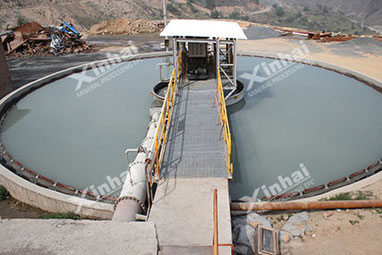
【Process Introduction】
There are a lot of iron ore in nature, which containes highly quantities of hematite or magnetite.The mainly iron ore beneficiation method is magnetic separation and flotation separation,so the mainly used iron ore equipments are flotation machine, magnetic separatior,efficient thickener,press filter,slurry pump,feeder, agitation tank and belt conveyor etc.
Check Process Flow >>
【Process Description】
1.Large raw iron ore for primary crushing are fed into the jaw crusher by Plate feeder and are reduced to 8 inches or smaller. After first crushing, the material will transferred to cone crusher by belt conveyor for secondary crushing; the crushed iron ore stone will then transferred to vibrating screen for classifying. After classifying, the parts whose size below the mesh size will be transferred away as final products, while the other parts will return to cone crusher, thus forming a closed circuit. Size of final products can be combined and graded according to your specific requirement.
2.The smaller crushed iron ore is fed to ball mill for grinding. Inside the ball mill, the crushed iron ore will grind the ore to about 0.2 mm with 3-inch steel balls.
3.This iron ore slurry is pumped to the agitation tank. This iron ore slurry is finally pumped to the flotation machine with the fine sulfide ore (~-0.074 mm) going to froth flotation cells for recovery of iron.
4.In magnetite processing plant,the process of flotation separation is replaced by magnetic separation. The minerals are conveyed to the permanent magnetic dewatering tank for concentrate and then concentrate will enter permanent magnetic drum for a second magnetic separation. The concentrate after filtration and drying are conveyed to warehouse for storage.
【Advantages】
1. In crushing, it adopts traditional two-stage and a closed circuit system for ideal fineness. Besides, jaw crushers have large crushing capacity.
2. In grinding and classification, with characteristics of large processing capacity and small floor area, superfine lamination autogenous mill can save energy by more than 85%.
3. In classification, hydrocyclone and vibrating screen can enhance the classifying effects.
4. It adopts the third generation tailings dry stacking technology, which can save energy by 60-80%. Furthermore, it can also protect the environment and build a base for green mine.
[Related Products]
[ Process Flow ]
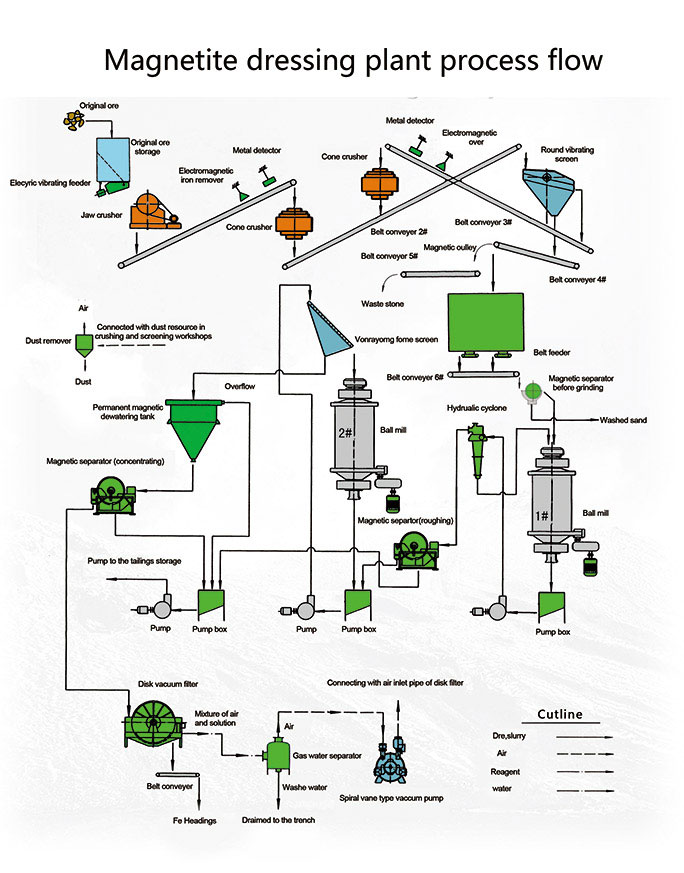
Guestbook
Please leave your message here! We will send detail technical info and quotation to you!
Mineral Processing
EPC and Equipment
Tel: 0086 13025991453
E-mail: marketing@ytxinhai.com
Home
About us
EPC
Products
Solutions
Cases
News
Contact Us
3D Exhibition Room
sitemap
© 2014 Shandong Xinhai Mining Technology & Equipment Inc.
